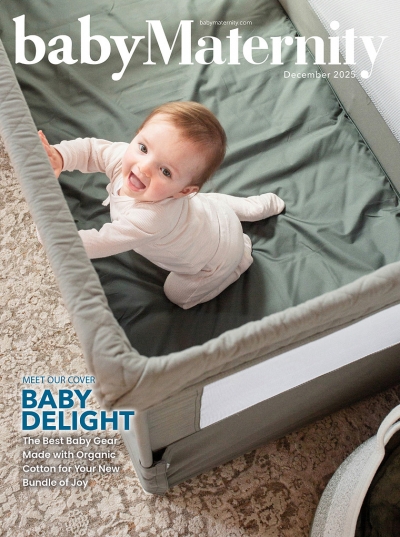How Stress Can Harm Your Unborn Baby and Ways to Manage It
When I became pregnant, I followed all the rules: I avoided caffeine, never stepped foot in a hot tub, managed to abstain from sushi, and fled any premise that hinted of secondhand smoke. But I was still wrought with worry.
I became pregnant a year after finishing my graduate journalism degree from an expensive private university, just as the economy tanked and the whole publishing industry imploded. It was the first time I had seen an issue of Vogue look more like an IKEA catalogue than an encyclopedia. I failed to land a job during this year, which to me meant my intricately planned life course had been derailed. We would have to wait until my husband finished his schooling before applying for a home loan, which meant I was going to have this baby while living at my in-laws; there would be no decorated baby room for me to raise my first born. There were other stressors, of course, but nothing life threatening. Yet, I was devastated. My life as I knew it was over.
In hindsight, I realize I had much more control over my anxiety than I believed. The truth is, I chose to obsess, perhaps to punish myself, or maybe because I believed overthinking the situation would actually help (I’m not alone in this thinking). But it did the opposite. I may have steered clear of secondhand smoke but my mind was as murky as ever. And worst of all, my stress could have affected my unborn baby, studies show.
Studies reveal that prolonged heightened levels of stress can be harmful to babies, possibly wiring their fetal brains for worry and anxiety permanently. Some anxiety can be good; it motivates you to action. But prolonged periods of heightened anxiety can cause the stress hormone, cortisol, to be passed through the placenta to an unborn baby. In one study, infants who were exposed to consistently high levels of cortisol early in the pregnancy displayed a much higher sensitivity to stress than other babies.
When these babies entered toddlerhood, exploring a room with a balance beam or having a stranger roll a ball to them became frightening for them. Instead of engaging them, they stood frozen by the wall or ran back to their mothers.
By the time the children were between 6 and 9, MRI scans revealed that the children’s amygdala, the section of the brain associated with the human response to frightening stimuli, were larger than normal.
The study underscores the importance of keeping both a healthy body and mind for expecting mothers. Everyone, especially pregnant women, have stress in their lives. But it’s critical to keep stress at a moderate level. We’ve culled some tips from “Twenty Lessons for Managing Worry, Anxiety, and Fear” by Mark A. Reinecke, Ph.D., to help you manage stress during pregnancy.
10 Tips for Recognizing and Managing Stress on page 2...













